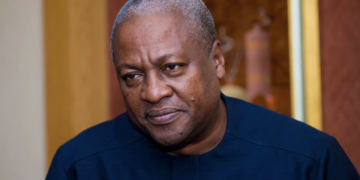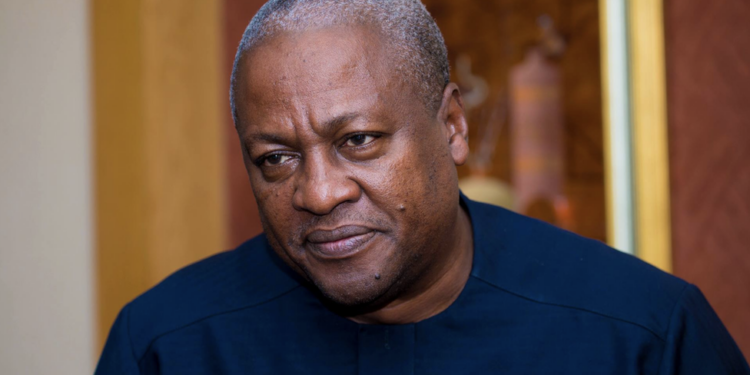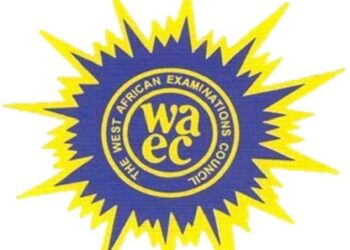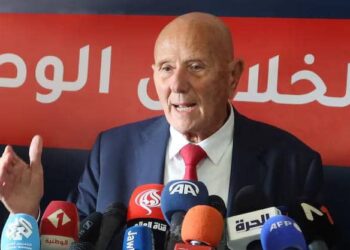By Emmanuel Nduka
President John Mahama has urged African nations to focus on self-reliance in response to the withdrawal of funding from the United States Agency for International Development (USAID).
In a speech at the Munich Security Conference (MSC) in Germany on Friday, February 14, Mahama described the USAID pullback as “adversity in opportunity”. He emphasized the need for African countries to strengthen their economic resilience and reduce dependence on foreign aid.
The former president revealed that Ghana would adjust its national budget to address the financial gap left by USAID’s withdrawal. “This amounts to $156 million for 2025, which is slightly over GH¢2 billion,” he said.
Key Sectors Impacted
USAID funding has historically supported key sectors of Ghana’s economy, including governance, healthcare, economic growth, and education.
However, Mahama pointed out that healthcare, particularly maternal care and the US President’s Emergency Plan for AIDS Relief (PEPFAR), would bear the brunt of the cutbacks. “The largest portion, about $78 million, went towards maternal health, PEPFAR activities, HIV testing, and the provision of antiretrovirals,” he explained.
Despite the challenges, Mahama assured that the government would make necessary adjustments to the national budget. “Luckily, with elections coming up, the budget isn’t presented until the new government takes office. Therefore, when we present the budget in March, we can account for the shortfall in US aid,” he noted.
Evolving Global Alliances
Addressing the topic “Building or Burning Bridges: Economic and Development Cooperation Amid Multi-polarisation,” Mahama acknowledged the changing geopolitical landscape. He noted that while the US played a central role in shaping the post-World War II global order, its current shift could be disruptive.
“The US has prospered from the post-world order, but now it’s recalibrating, and while it has the right to do so, the process should be less disruptive,” he stated.
Mahama warned that this shift could erode the US’s global influence, especially its “soft power” derived from foreign aid programs. “By withdrawing from such initiatives, the US risks losing that goodwill,” he remarked.
Despite this, Mahama expressed optimism that Africa would form new alliances. “We no longer live in a unipolar world; as old bridges burn, new ones are being built. We need to identify these new opportunities and forge stronger ties with them,” he said.
The Path to Self-Reliance
Mahama also framed USAID’s funding withdrawal as a crucial moment for Africa to embrace greater self-sufficiency, particularly when it comes to protecting vulnerable populations. “We need to expand our safety nets, create more equitable societies, and provide opportunities for young people to thrive,” he stressed.
He pointed to the African Continental Free Trade Agreement (AfCFTA) as a positive development for Africa’s economic autonomy. “AfCFTA allows us to export tariff-free within Africa, although challenges remain due to historical trade patterns between Africa and Europe,” he explained.
Nonetheless, Mahama emphasized the importance of improving infrastructure within Africa to facilitate smoother trade and economic cooperation. He expressed confidence in Africa’s future, citing the continent’s young and innovative population as key drivers of growth. “Despite the challenges, I believe that out of adversity comes opportunity, and disruptions often lead to new orders,” he said.
With global priorities shifting, Mahama’s remarks on Friday highlight the growing calls for African nations to become more economically resilient and less reliant on external funding.

































